As of 2019, Nigeria’s Eurobonds were regarded as one of the top 5 best-performing Eurobonds in the world.
Although Nigeria’s Eurobonds remain one of the most profitable in the investment world, not many individuals know how to invest in them. The Federal Government and a number of corporate organisations in the country subscribe to Eurobonds and issue them quite often, lending credence to their attractiveness as an investment tool.
What is Eurobond?
Basically, Eurobonds are financial instruments issued by a country or corporate organisation in a currency different from the currency of the issuer.
Nigeria typically issues Eurobond instruments denominated in US dollars. For example, the 6.75% $500 million January 2021 Eurobond was denominated in US dollars.
There is the sovereign, which is referred to as a government bond, and the corporate bond. Eurobonds operate like fixed income securities in terms of bond instruments. It has a coupon, an interest rate paid on bonds (which is paid bi-annually), a price at which the bond will be purchased, and also a yield.
The price and yield have an inverse relationship meaning that when the price goes up, the yield comes down. When the yield is coming down, the instrument is trading at a premium compared to when it was issued.
An investor can buy Eurobonds while the primary auction is ongoing or later, at the secondary market, for those who were unable to participate in the primary auction.
How to invest in Nigerian Eurobonds
The process of investing in Eurobonds in Nigeria is not any different from that of investing in local bonds. Both bonds can be bought from either the primary market at the initial offer level or at the secondary market for existing bonds.
All that is required is for the investor to complete the tender for the Federal Government of Nigeria or corporate bonds form, submit the tender through any of the authorized dealers and make the required payment when the bid is successful.
Basically, for banks, your account has to be funded with the desired currency. For instance, to buy a dollar-denominated Eurobond which is the conventional one issued in Nigeria, you have to fund your account with dollars, then send an instruction for the bond purchase.
Be mindful of the bond’s risk profile before investing
Eurobonds can either be corporate or government bonds. Corporate bonds may offer higher interest rates than government-issued Eurobonds but they also come with higher risk.
If you want to invest in Eurobonds, ensure that you weigh the risk characteristics of the bonds and set them against the interest rate to know if it is worth it. Most Eurobonds come with credit ratings, which serve as a measure of their quality and risk profile.
Usually, bonds with the highest quality credit ratings come with the lowest yields while bonds with lower credit ratings offer higher yields. The yield, in this sense, is a measure of the bond issuer’s creditworthiness meaning that the greater the credit risk on an investment, the higher the yield investors would demand to compensate for it.
How to obtain an FG Eurobond
When bonds are issued at the primary market, the issuance document contains a list of the banks or brokers that have been authorized to sell the bonds. The FGN issued bonds are purchased through the Primary Dealer Market Makers (PDMMs). These are banks appointed by the Debt Management Office (DMO), to act as authorized dealers of FGN bonds.
Can you fund a Eurobond with a naira account?
Not at the moment! You need a dollar account (domiciliary account) that is funded but your bank can easily guide you on how to obtain one.
Next is to fill out instruction documents after which the bank will send you a market price and the expected yield. The bank then debits your account for the purchase. Every six months or on the specified coupon dates, you will receive your coupon and at maturity, you will get your principal back if the issuer does not default. A coupon or coupon payment is the annual interest rate paid on a bond, expressed as a percentage of the face value and paid from the issue date until maturity.
Here is a simplified example of the process:
You walk into a branch of your bank and ask to purchase $100,000 worth of Eurobonds. Note that your domiciliary account should already be funded with the amount. You would be required to fill out and sign the letter of instruction which would then be sent to the bank’s treasury unit for processing. The treasury unit responds with the available Eurobond prices and requests you to confirm the purchase. When that is done, the treasury unit executes the deal and holds it in their custody.
You can also sell the bonds at the secondary market.
Minimum investment as an individual
The minimum conventional investment tranche is $200,000, but a $100,000 worth of investment is also permissible. Amounts lower than this are however problematic because the secondary market trades in tranches of $200,000.
Can people invest through mutual funds?
Basically, what mutual funds do is amass investors’ funds and buy Eurobonds in the secondary market. A mutual fund is just like a vehicle that helps you to buy bonds so that you are not faced with the issuer’s risk directly. Therefore, individuals or institutions can also buy Eurobonds through mutual funds.
Mutual funds make it possible for you to participate in bond-buying with less than the statutory amount since they operate by pooling resources together from a large number of investors.














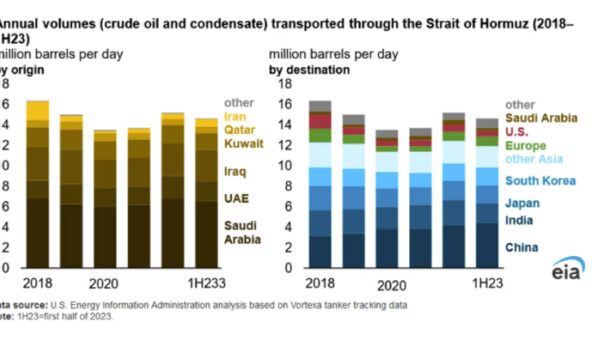
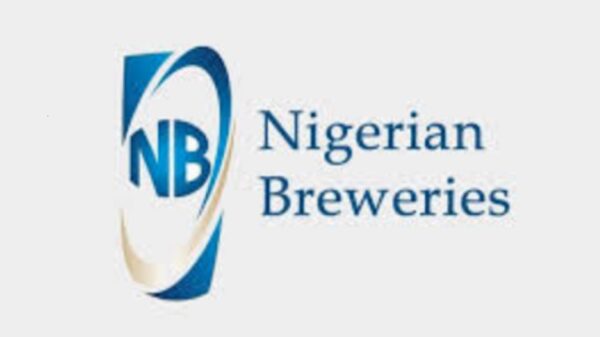




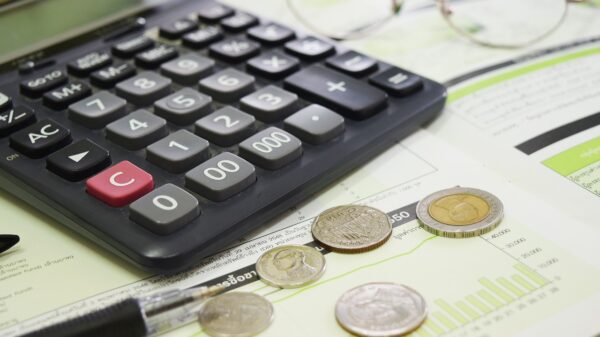
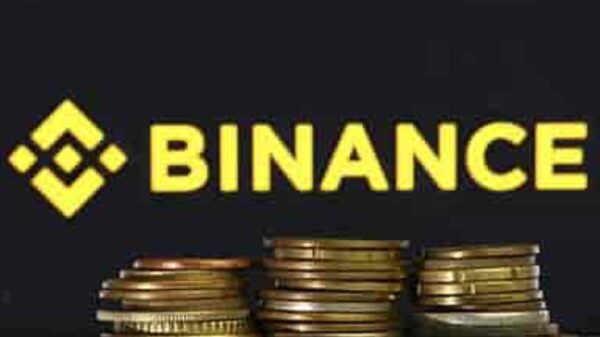



























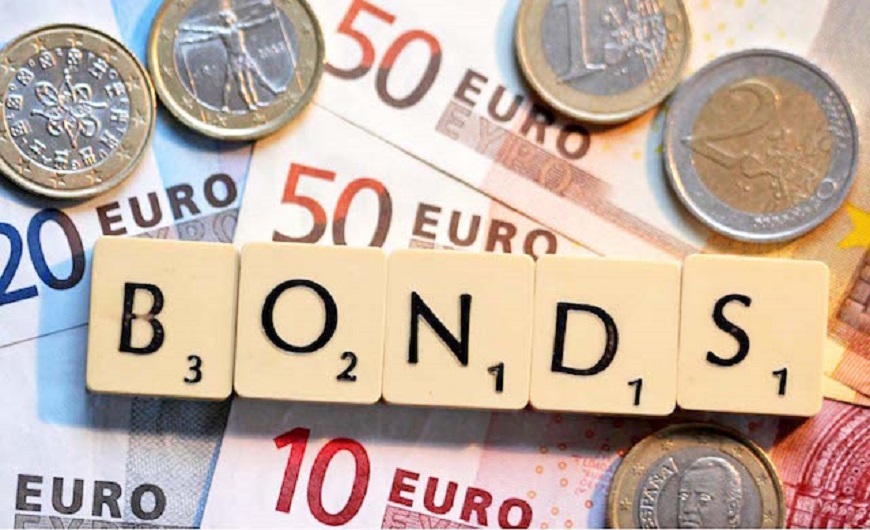
You must be logged in to post a comment Login